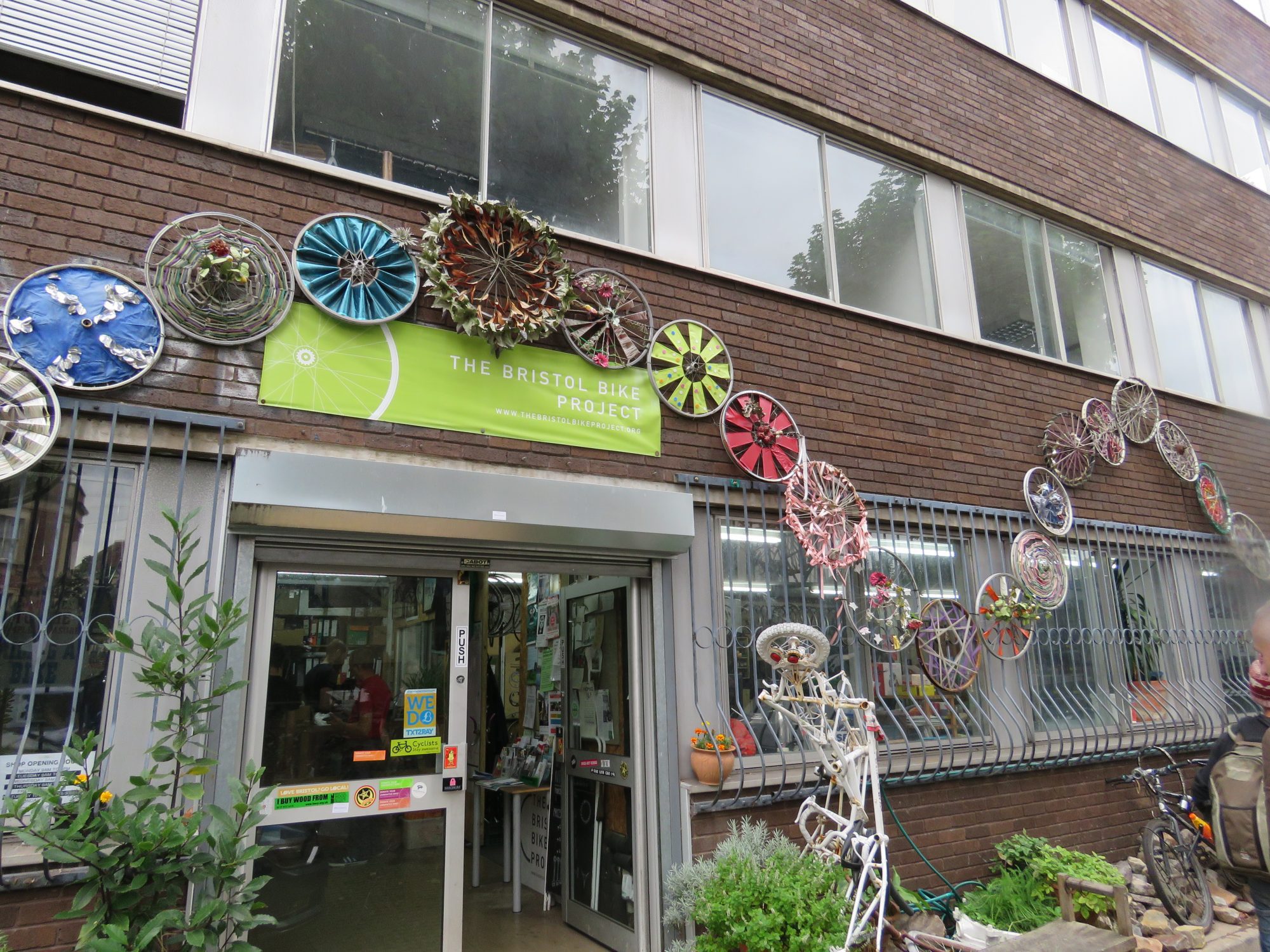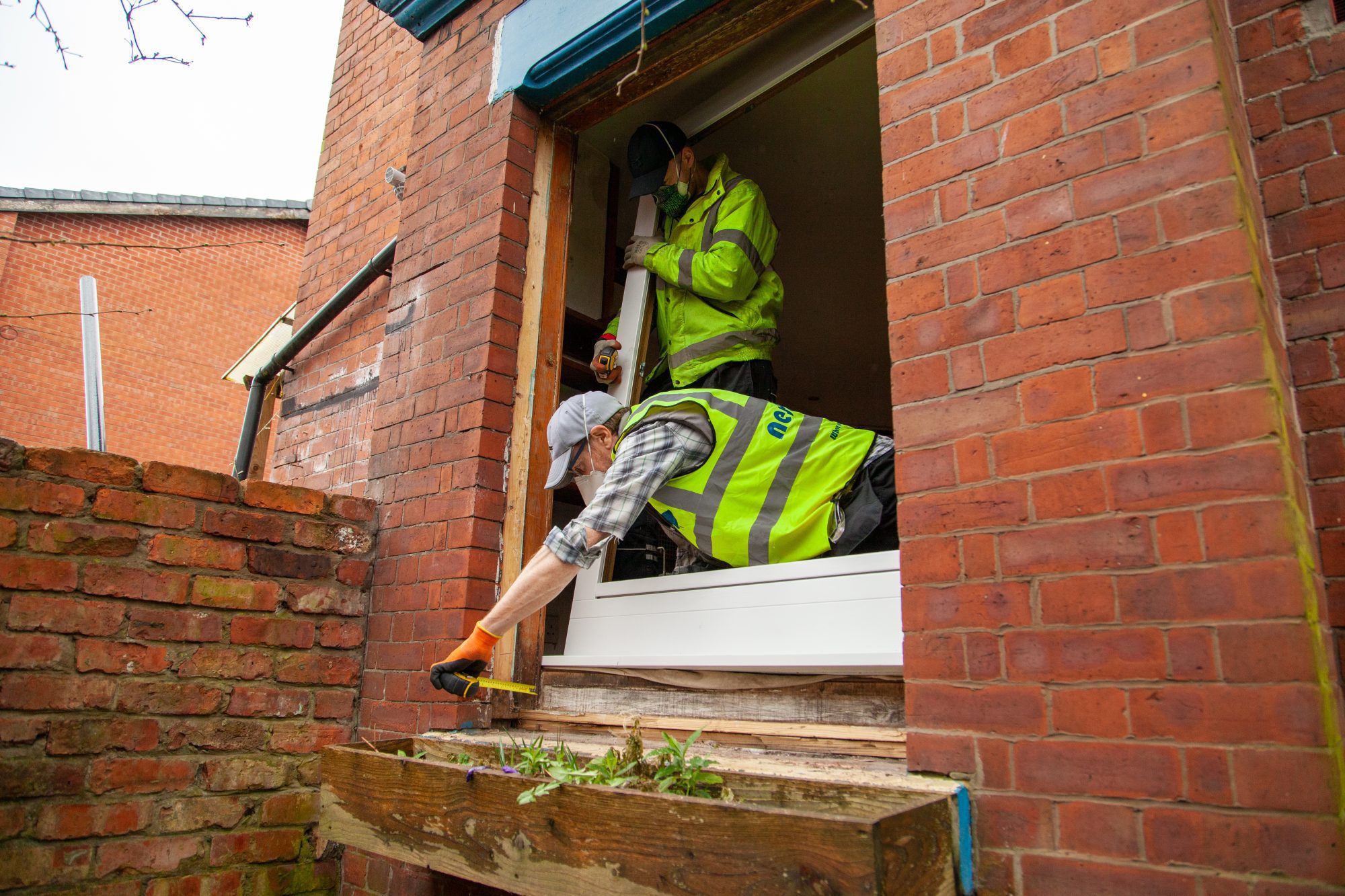
Tim Davies-Pugh
Chief Executive
I write this piece with immense pride in the incredible role that community businesses play and all they contribute to our economy and society. At the same time, I also feel a sense of urgency. There is an impatience that community businesses aren’t a more significant part of our national conversation. They are not often taken as seriously as they should be by policymakers, investors, and the media. Too frequently, they are viewed as a ‘nice to have’.
Looking ahead to 2035, I propose a straightforward assertion: the future of business is community business.
A future rooted in community
Today, we are experiencing economic stagnation, distrust in institutions and democracy, and increasing social isolation. The impacts of climate change are being felt close to home. Community businesses offer solutions to these challenges. Of course, they cannot tackle these issues alone, but a world where these organisations are commonplace could lead us to confront these challenges directly, with communities themselves leading the way.
Imagine a future where we measure economic growth not just by financial indicators but by how we enhance people’s health and wellbeing, protect the environment, and foster strong community cohesion. Where more wealth is retained and circulated locally to support quality employment, particularly for those farthest from the labour market, creating places where people want to live, work, and thrive. Community-driven businesses would build in sustainability and the health and wellbeing of the people in the communities they serve. By 2035, imagine a variety of local organisations where we can engage with our neighbours, rebuilding bonds of trust that we can rely on in difficult times.
Importantly, we envision these local organisations (community businesses) having real decision-making power in the future. Many will connect with their local community covenant. By 2035, this concept will be a well-established form of neighbourhood governance, allowing communities to draw powers from central government and make decisions about how money is spent in their areas. With these new powers and a focus on impact investment, government subsidies and other financial support will enable communities to implement wind, solar, and heat pump initiatives in their neighbourhoods, reducing energy costs and supporting the transition to net zero. Empowering communities to make decisions fosters trust in politics and democracy.
Making this vision a reality
This is a future that Power to Change is determined to help build alongside community businesses, and I hope many of you will join us on this journey. We need to embrace the notion that the future of business is community business. Over the past ten years, Power to Change has supported community businesses, with over 11,000 of them in various forms across England—strong and resilient establishments. However, I believe there remains a vast well of untapped potential.
Our understanding of community business is evolving. If we envision a future where community business thrives, we must include your local corner shop—where individuals from diverse backgrounds can chat, supported by a shopkeeper who is a vibrant force in the community. We must consider your local BMX park, which serves as a joyful sanctuary for kids, steering them away from mischief and low-level crime. We should highlight your local microbrewery, which provides a sympathetic ear to patrons when they need it most.
All of these businesses fulfil vital social roles in addition to their economic functions. In many ways, they are community businesses but may not yet recognise it. They can become more attuned to community needs and adapt their offerings based on feedback. They may want to develop a membership structure that includes local residents but might need guidance on how to do so. This is where the existing community businesses can offer assistance. They can help the businesses of the future navigate challenges they have already faced. Their advocacy and collaboration with us in testing ideas can help eliminate some obstacles altogether.
This applies to businesses working at a bigger scale too. Community-owned design and manufacturing space or community asset developers turning round whole town centres – like WeCanMake and Hastings Commons. At the moment, these are shining lights, exceptions to the norm. By 2035 I want these large-scale, ambitious community businesses to be commonplace. These two shifts combined would mean a community business sector that is both broader and deeper, and crucially more central to our national life.
I am excited to embark on this journey in the coming years. Throughout our tenth anniversary year, I look forward to sharing more insights and hearing from various contributors as they look ahead to 2035 and the challenges and opportunities on the horizon—from technology to climate change, poverty to how we think about economics.
With the right conditions, community businesses can help create an economy that works for people and the planet, giving communities a greater say in the decisions that affect their lives.



